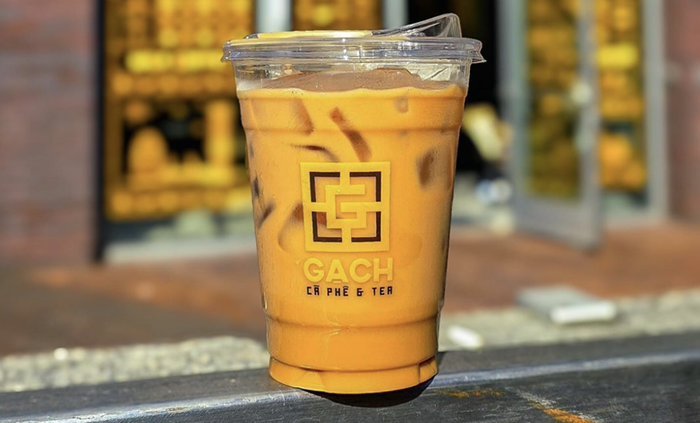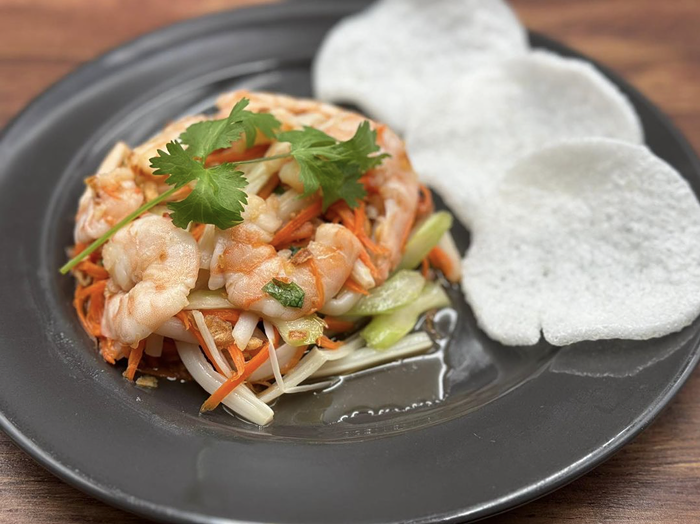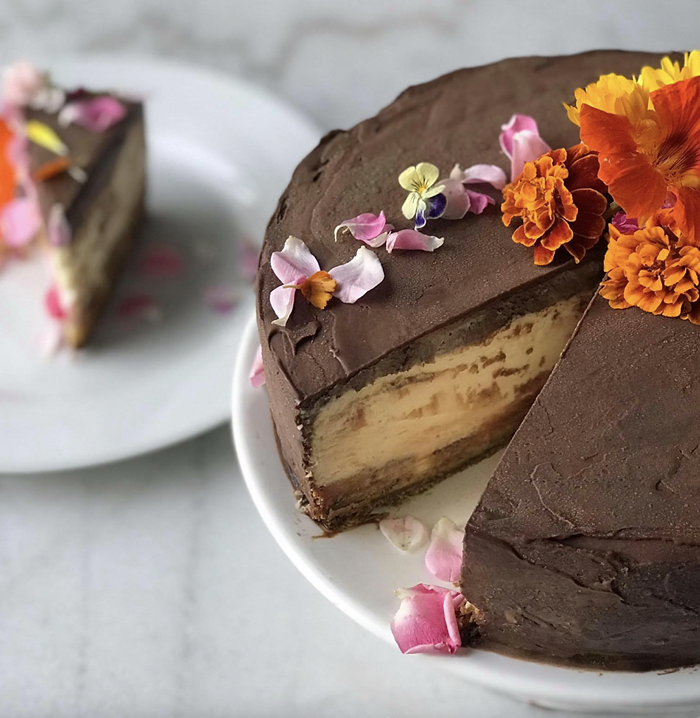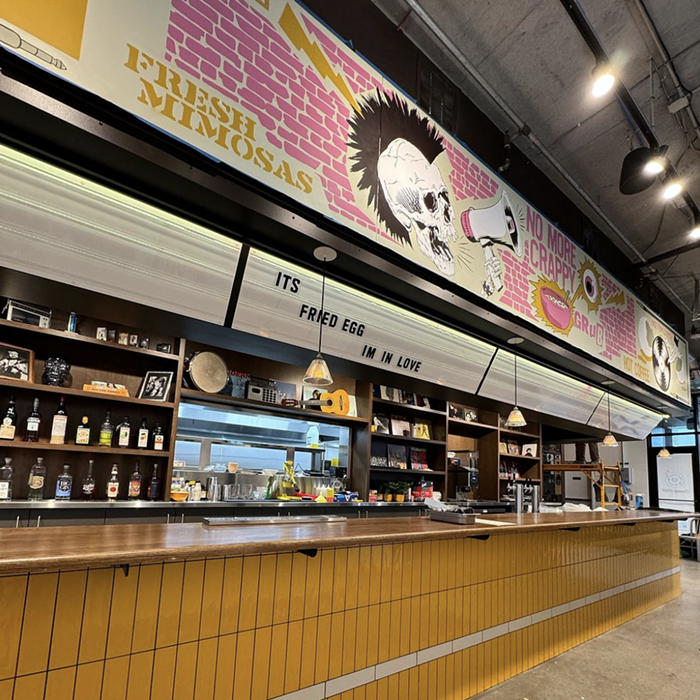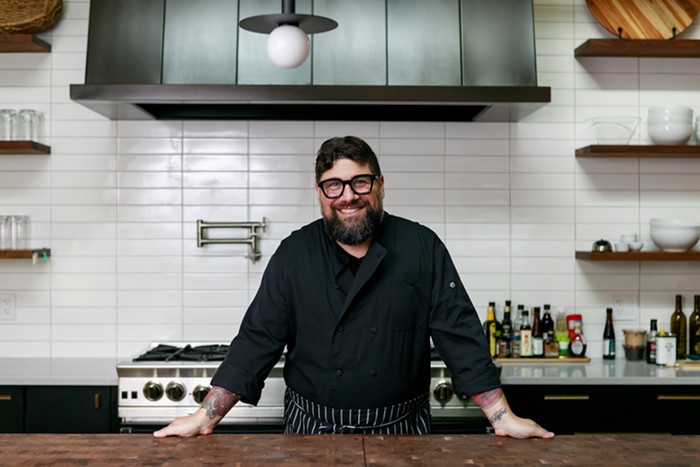BTU BRASSERIE, Portland’s only Chinese-style brewpub, earned its first medal at the 35th annual Great American Beer Festival (GABF) in Denver earlier this month as one of the 21 awards that came home to Oregon. Moreover, BTU’s Butt-Ah-Nut earned the only medal in the Pumpkin/Squash Beer category. But they didn’t take gold. Not even silver. BTU earned a bronze. Only 10 breweries even entered a beer in this category—the first year for the style, though there have been pumpkin beer categories of various guidelines since 2011—which means the certified beer judges deemed the others unworthy of GABF’s precious medal. When asked for response, BTU’s brewer Nate Yovu said, “I don’t think it’s a snub.”
Competition grows stiffer every year; 1,752 breweries submitted a total of 7,227 beers. That means 6,941 beers did not earn their brewers any hardware. And nine of them—the others that entered the Pumpkin/Squash Beer category—were told, admonished really, from the stage during the awards ceremony to “Read those guidelines carefully.”
If a beer wins, that’s proof it’s phenomenal. If it doesn’t win, maybe it came in fourth or maybe the expert judges just weren’t feeling it during that session. Twenty-one Oregon beers won out of a combined 17 breweries. Only California and Colorado fared better, as usual.
Breakside was the big winner, with a gold in the Rye Beer category (Rye Curious?), silver in Classic English-style Pale Ale (Breakside ESB), and bronze in Australian-style or International-style Pale Ale (Lunch Break ISA). Australian refers to the usage of Southern Hemisphere hops, and Lunch Break is heavy on Galaxy hops. Breakside has earned nine GABF medals in its six-year history.
Oregon brewers were undoubtedly frustrated about being shut out of all four IPA categories (for the first time since 2010), but this shows that there’s great parity of quality across the country. Rather than viewing the hundreds of non-winning beers entered from across Oregon as losers, it means that many didn’t fit the guidelines.
Indeed, running through the list of winners reveals several medalists in the least narrowly defined categories. Vertigo from Hillsboro won for Apricot Cream Ale in American-style Fruit Beer. That’s pretty much any ol’ beer that has fruit in it. Speaking of which, Logsdon Farmhouse Ales placed third in Belgian-style Fruit Beer with their amazing Cerasus (a Kriek-style ale that’s their Flanders Red with Hood River cherries), while newcomers Great Notion Brewing won silver in American-style Sour Ale with Heart of Gold, a barrel-aged saison with peaches.
In more peachy news, The Commons Brewery bronzed twice in broad-reaching categories, which makes sense, since that brewing team, led by Sean Burke, is more often inspired by what is mused than mandated. Their Crème de Peche won in the Specialty Saison category, for which the guidelines proclaim entries “include a very wide family of specialty beers.” Now I’m dying to try this—a cream ale with fresh peaches and soured with Brettanomyces and Lactobacillus then aged in spent Old Tom gin barrels—side by side with Heart of Gold! The Commons’ other honor came for Petite Classique in Other Belgian-style Ale. This tasty, dry saison is given a faint kick from pink peppercorns.
Strangely, it could’ve been entered in the Mixed-Culture Brett Beer category, in which Corvallis’s Flat Tail won bronze for DAM Wild: Marionberry Pink Peppercorn. Damn skippy. Two wildly different beers with pink peppercorns won in different categories (and I assure you the guidelines do not specify how much peppercorn character the beer should display). Speaking of the funky Brett, Eugene’s brand-spanking new Alesong Brewing—the project co-founded by former Oakshire brewmaster Matt Van Wyk—nabbed (their first) gold medal in Brett Beer for a beautiful number called Touch of Brett. The already limited number of bottles that hit Portland is dwindling. I picked up a 500ml bottle at Brewed Oregon, and despite advertising itself as a dry-hopped saison, I was caught off guard—in a good way—at how much Citra hop character it possesses in the face of that wine barrel aging and Bretty mustiness.
Having said that, a few of the classics were well repped. Barley Brown’s Shredder’s Wheat earned its sixth medal in eight years (bringing the company’s total to 21). One of the winningest breweries in the world, Pelican, took silver in American or International-style Pilsner, thus earning the company’s fortieth GABF medal. (Only Deschutes has more—43 dating back to 1990—but they’ve come up dry the last two years.) Since 1998, Pelican has only come home empty handed twice, and Pelicano Extra, a toasty Mexican-style lager, kept the streak going. Sunriver Brewing also took silver in the American-style Strong Pale Ale category, which is fitting since this abundantly citrusy “Northwest Ale” occupies the sliver between a pale and an IPA. If there’s one common thread among the above disparate breweries and medal-winning beers, it’s that they’re each Northwest ales (and a few lagers).
